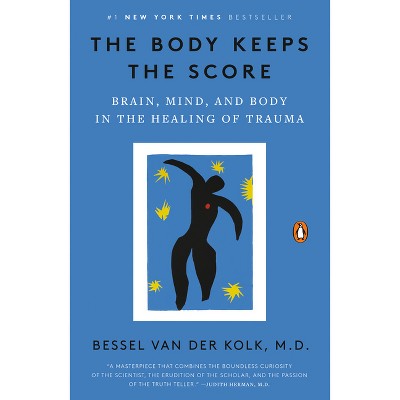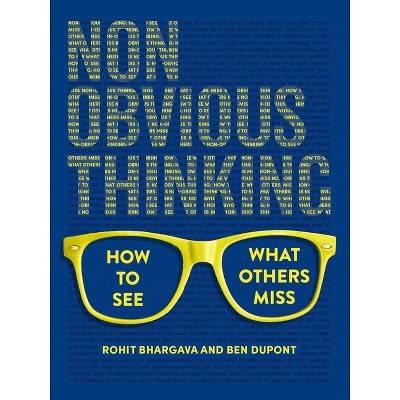Sponsored

Lead, Follow, or Fail - by Peter J Brews (Hardcover)
$18.48Save $14.47 (44% off)
In Stock
Eligible for registries and wish lists
Sponsored
About this item
Highlights
- Winner, Independent Press Awards 2025 (World History) Winner, American Legacy Book Awards 2025 (General History) Bronze Medal Winner, Independent Publisher Book Awards 2025 (Economics) A THOUGHT-PROVOKING EXPLORATION OF OUR WORLD'S ECONOMIC PAST, PRESENT, AND FUTURE In a journey over centuries only recently marked by prosperity, Lead, Follow, or Fail captures the socio-economic forces that have shaped our world.
- Author(s): Peter J Brews
- 420 Pages
- Business + Money Management, Development
Description
Book Synopsis
Winner, Independent Press Awards 2025 (World History) Winner, American Legacy Book Awards 2025 (General History) Bronze Medal Winner, Independent Publisher Book Awards 2025 (Economics) A THOUGHT-PROVOKING EXPLORATION OF OUR WORLD'S ECONOMIC PAST, PRESENT, AND FUTURE In a journey over centuries only recently marked by prosperity, Lead, Follow, or Fail captures the socio-economic forces that have shaped our world. Dividing economic history into three eras--Pre-Industrial, Industrial, and Post-Industrial--Peter Brews chronicles the evolution of productivity and how nations, organizations, and individuals fall into the roles of Failures, Followers, or Leaders. Failures in the Pre-Industrial Era are plagued by scarcity, Followers are on their way to abundance through industrialization, and Leaders maintain Post-Industrial competitiveness through unrelenting innovation at the leading edge of global commerce. Understanding the transition across these eras and how Leading, Following, and Failing differ also offers insights into what our economic future will hold. After considering the implications of a world more economically diverse than ever before, three future scenarios--Balanced Global Growth, Unbalanced Global Growth, and Global Meltdown--conclude the book. Armed with the knowledge of what it takes to build and sustain competitiveness whether Leader, Follower, or Failure, readers also learn what we all must do so Balanced Global Growth prevails, and the 21st century is a triumph for us all.Review Quotes
"Much of the writing on economics today falls into two categories: prohibitively dense academic studies or more popular works that indulge in extravagant simplifications and reductions. Brews' book belongs to a rare third category: analysis that is serious without being indecipherable and that comments pragmatically on the hurdles that must be cleared for a bright future. This is a valuable contribution to the literature on productivity for experts and novices alike." --KIRKUS REVIEWS
Dimensions (Overall): 9.1 Inches (H) x 5.9 Inches (W) x 1.8 Inches (D)
Weight: 1.35 Pounds
Suggested Age: 22 Years and Up
Sub-Genre: Development
Genre: Business + Money Management
Number of Pages: 420
Publisher: Ideapress Publishing
Theme: Economic Development
Format: Hardcover
Author: Peter J Brews
Language: English
Street Date: October 1, 2024
TCIN: 91336862
UPC: 9781646871650
Item Number (DPCI): 247-00-1676
Origin: Made in the USA or Imported
If the item details aren’t accurate or complete, we want to know about it.
Shipping details
Estimated ship dimensions: 1.8 inches length x 5.9 inches width x 9.1 inches height
Estimated ship weight: 1.35 pounds
We regret that this item cannot be shipped to PO Boxes.
This item cannot be shipped to the following locations: American Samoa (see also separate entry under AS), Guam (see also separate entry under GU), Northern Mariana Islands, Puerto Rico (see also separate entry under PR), United States Minor Outlying Islands, Virgin Islands, U.S., APO/FPO
Return details
This item can be returned to any Target store or Target.com.
This item must be returned within 90 days of the date it was purchased in store, shipped, delivered by a Shipt shopper, or made ready for pickup.
See the return policy for complete information.
Trending Non-Fiction
















